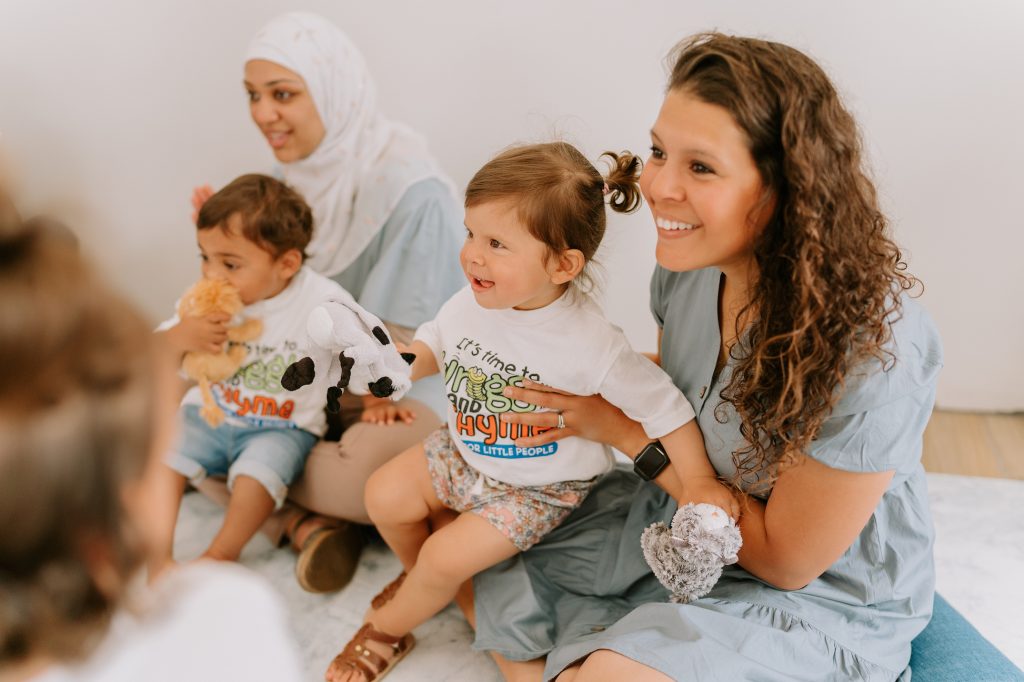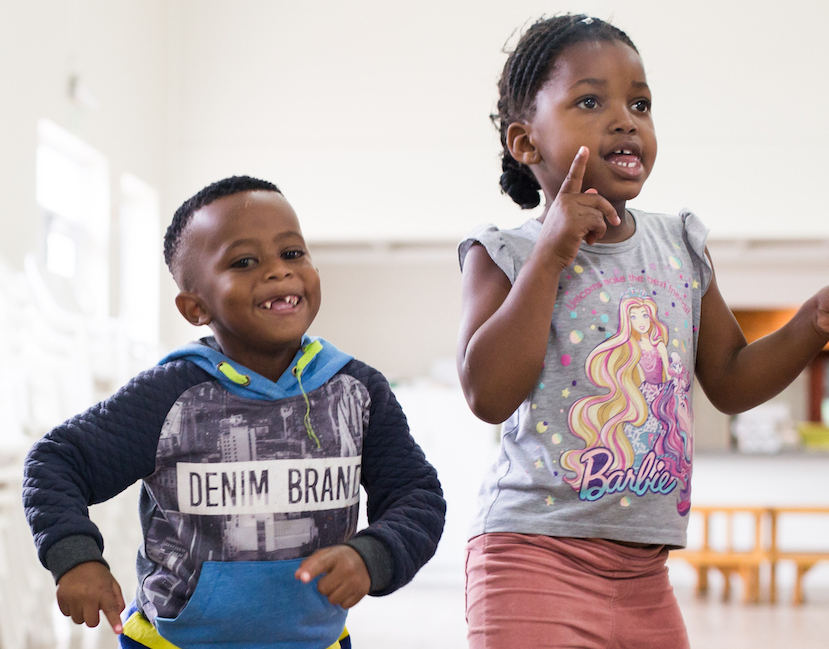We’re SUPER excited about MUSIC as a catalyst for learning. Our excitement comes from years of experience as we’ve watched the effect that music-based activities have on children. What’s really exciting, is that our experience is continually backed up by research coming from prominent NEUROSCIENTISTS across the world.
The “we” I’m talking about is Wriggle and Rhyme, a proudly South African MUSIC PROGRAMME for babies, toddlers and pre-schoolers from 6 months to 6 years old.
Our mission is to introduce children to music-based activities in their early years, because:
- music is such a fun and highly effective medium for learning!
- music brings people together!
So, that’s exactly what our programme aims to do!
What does the research say?
As the years have passed, more and more research is being done on the effects of music on growing brains. This research validates our anecdotal experience from our classes. We witness the incredible effect that music has on the children participating in our musical adventures!
It would make sense to assume that SINGING SONGS, in particular, has a helpful part to play in language development – in terms of repetition, vocabulary extension, auditory memory, rhythm and rhyme – all of which are the building blocks of speech. We see this constantly in our RHYMERS classes (for children from 18 month – 3 years old) and PRE-SCHOOL classes (up to Grade R)However, research indicates that MUSIC ITSELF contributes to speech, even before the words begin to be understood.
The building blocks of language
“Infants listen first to sounds of language and only later to its meaning,” says Anthony Brandt. Differentiating different sounds is one of the key components to language development.
Babies will start by gurgling and babbling to try and imitate their caregivers speech … these are the building blocks of language.
When you think about the structure of a song – its different musical components, such as tempo, timbre, dynamics – one can see why music is so effective in forming the “scaffolding” on which speech is then built.
The importance of singing
One of the most obvious benefits of singing words, rather than only using instrumental music-based activities, is the opportunity to introduce and extend a child’s vocabulary. Because of the way that music impacts our memories, words are more readily embedded when they’re sung, rather than just said.
Rhythm and reading
Nina Kraus and her colleagues at the Auditory Neuroscience Laboratory of North-western University (Illinois, USA) have been researching the links between rhythm, speech recognition and reading.
Over the course of their tests they found those who had more musical training not only kept better time, but had better neural responses to speech. Conversely, children who were poor readers tended to have difficulty tapping a consistent beat. Time to pick up our drums and start to play in time to the music!
There’s so much more that we could say and the research is persuasive and ongoing … but one thing is for sure – when it comes to LANGUAGE DEVELOPMENT:
Take note of the role of music!
About the author:
Kirsty Savides is the Founder and Programme Director of Wriggle and Rhyme, South Africa. She is absolutely passionate about music education and aims to share this passion with parents and educators to promote music-based learning in early childhood.
Wriggle and Rhyme classes run across Cape Town, with opportunities to grow further afield. If you’d like to find out more about the Wriggle and Rhyme business opportunity, take a look at the OUR TEAM / JOIN THE TEAM tab on their website.
Website – www.wriggleandrhyme.co.za
Facebook and Instagram – #wrigglerhyme @wrigglerhyme
YouTube – Wriggle & Rhyme SA
- It’s the most wonderful time of the year! - December 3, 2025
- 17 Years of Singing, Shaking & Smiling – A Momtrepreneur’s Musical Milestone! - October 6, 2025
- The surprising secret to building brains: it starts with a song! - August 21, 2025







